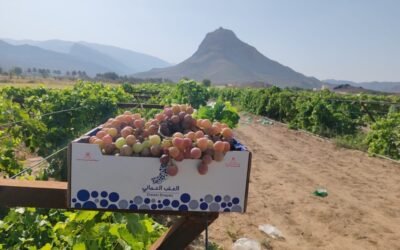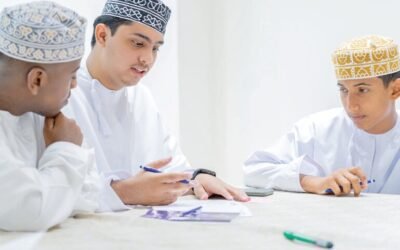Regulations for the Care of the Elderly in Alternative Families
Her Excellency Dr. Laila Al-Najjar, Minister of Social Development, issued Resolution No. 190/2024 issuing regulations for the care of the elderly in alternative families, which is the first regulation of its kind.
The regulations consist of three chapters that include 13 articles, and define the elderly as “everyone who has reached the age of 60 and meets the conditions stipulated in Article 3,” and the alternative family as “the family that takes care of the elderly.”
What are alternative families?
It is the family that takes care of the elderly. This care is considered voluntary work that is done without compensation. The Ministry of Social Development can provide assistance to alternative families to enable them to perform their role.
What are the conditions for providing alternative care?
For the elderly, it must be:
- Omani nationality.
- He does not have a family or his family does not provide him with appropriate care.
- Free from infectious diseases according to a medical report.
For the alternative family, it must be:
- A family member of Omani nationality.
- Socially stable and able to meet the needs of the elderly.
- Its members are free from infectious diseases and behavioral disorders.
- Provides a stable source of income that covers its needs.
- The place of residence must be suitable.
How to submit a sponsorship request?
A family member submits the application to the relevant department in the Ministry, attaching the required documents, such as the marriage contract, a non-conviction certificate, proof of a fixed income, a copy of the home ownership or rental contract, and a medical report proving that the family is free of infectious diseases.
The competent department shall study the application and decide upon it within 30 days. In the event of rejection, the decision must be justified, and the decision may be appealed within 60 days.
Supervision and follow-up
The alternative family must sign an acknowledgment accepting the elderly person and pledge to provide him with the necessary care and not expose him to abuse or neglect, provide the necessary care for the elderly person, provide him with all his basic needs such as food, drink, and clothing, monitor his health condition, and provide a safe, stable environment.
The competent department shall follow up on the alternative family on a regular basis and visit it at least every 3 months or whenever necessary. The family must notify the department of any health or behavioral changes that occur to the elderly person or any accidents to which he is exposed. It must also notify the competent department immediately upon his death.
The competent department must take the necessary legal measures if it is proven that the elderly person has been exposed to any harm by the alternative family or others.
When does care end?
In the following cases:
- At the request of the alternative family.
- At the request of the elderly person.
- If it is proven to the competent department that the alternative family neglects or fails to care for the elderly.
- If the care applicant or the elderly person dies.
It is noteworthy that the alternative family program for the elderly was provided jointly by the Ministry of Social Development and the Ministry of Health, and until the fourth quarter of 2023, the number of beneficiaries of the program reached 54 elderly people, including 44 elderly people in Muscat Governorate, and 5 in Al Dhahirah Governorate.
The number of elderly people residing in the Social Care Home in Rustaq until the fourth quarter of 2023 is about 48 elderly people, including 16 elderly people from the South Al Batinah Governorate, and males constitute 75% of the residents. The home houses the elderly and infirm who do not have a committed breadwinner among their relatives to take care of them. Serving them and meeting their daily and social needs.




